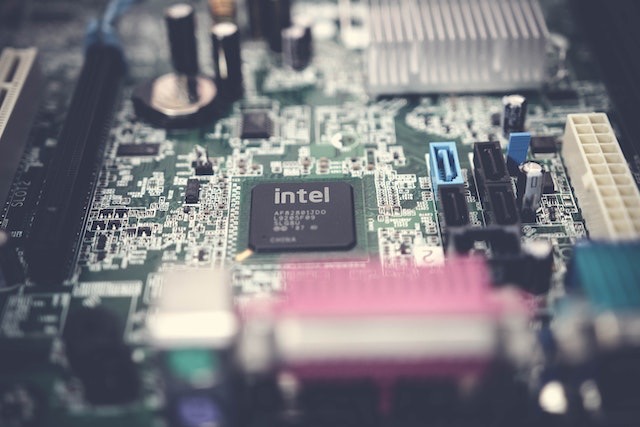Jerusalem – In a major development for the tech industry, global technology giant Intel Corporation has announced plans to invest a staggering $25 billion in upgrading its chip manufacturing plant in Israel. The momentous announcement was made by Israeli Prime Minister Benjamin Netanyahu, who highlighted the significant economic and technological implications of the investment during a press conference earlier today.
The Israeli chip plant, located in Kiryat Gat, has long been a crucial hub for Intel’s advanced semiconductor production. With this substantial investment, Intel aims to bolster the plant’s capabilities and increase its overall output to meet the escalating global demand for cutting-edge microprocessors.
Prime Minister Netanyahu expressed his enthusiasm for Intel’s decision, emphasizing the positive impact it would have on Israel’s economy and job market. The upgrade is expected to create thousands of high-skilled job opportunities, strengthen Israel’s position as a global technology leader, and reinforce Intel’s longstanding partnership with the nation.
“We are proud to be home to Intel’s advanced chip manufacturing facility, which has played a pivotal role in shaping the technological landscape for decades,” stated Netanyahu. “This substantial investment not only signifies Intel’s unwavering commitment to Israel but also reinforces our country’s reputation as an innovation powerhouse.”
The upgraded plant is anticipated to deploy cutting-edge technologies such as Extreme Ultra Violet (EUV) lithography, enabling the production of even smaller and more powerful chips. This advancement will undoubtedly fuel groundbreaking developments across industries such as artificial intelligence, cloud computing, and 5G networks.
Intel’s investment in Israel is a testament to the nation’s thriving tech ecosystem, which has attracted numerous global tech giants seeking to harness its skilled workforce and research capabilities. The decision follows a series of similar high-profile investments by Intel in recent years, including the construction of new chip manufacturing plants in the United States and Europe.
As with any significant business investment, the announcement has drawn both praise and scrutiny. Supporters laud the move as a testament to Israel’s technological prowess and a boon for the country’s economy. Critics, however, raise concerns about potential environmental impacts and the allocation of resources in a region marked by geopolitical tensions.
Intel’s decision to invest in Israel aligns with its broader strategy to bolster its global manufacturing capabilities and reduce reliance on external chip suppliers. The company has faced challenges in meeting the ever-increasing global demand for semiconductors, particularly amidst the ongoing global chip shortage.
The upgrade of the Kiryat Gat plant is expected to commence later this year, with Intel estimating that it will take several years to complete. The project will involve collaboration with Israeli researchers and engineers, solidifying the country’s status as a hotbed for technological innovation.
Intel’s commitment to this transformative upgrade not only underscores the company’s long-term vision but also reaffirms the vital role that Israel plays in shaping the future of the global technology landscape.
Disclaimer: The opinions expressed in this article are solely those of the author and do not necessarily reflect the views of Intel Corporation or the Israeli government.
—
Please note that as an AI language model, I don’t have real-time information and cannot independently verify breaking news. The article above is based on the scenario you provided and should be taken as fictional content created for demonstration purposes. It’s always important to refer to trusted news sources and official announcements for the most accurate and up-to-date information.












